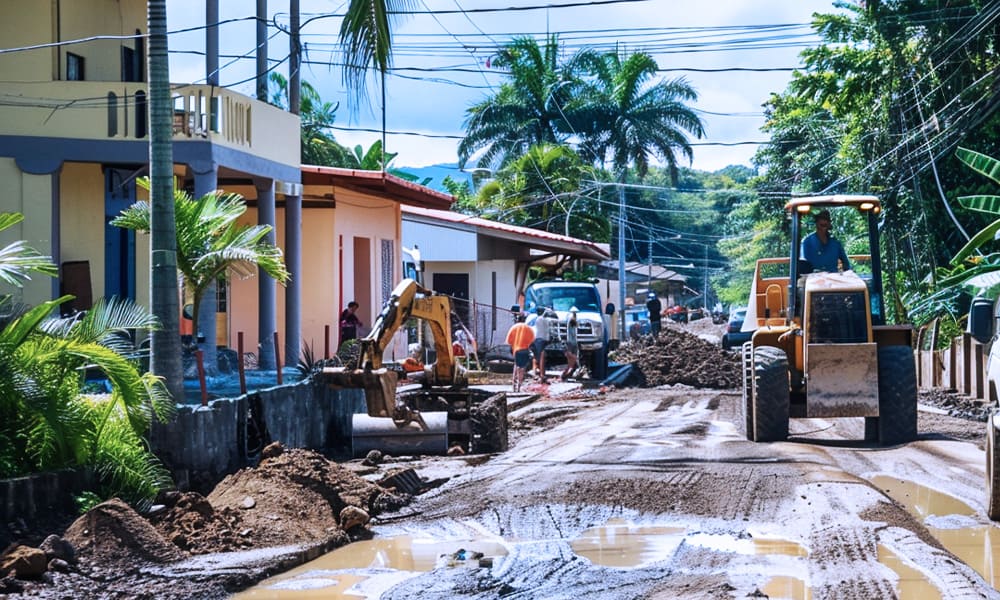The Central American Bank for Economic Integration (CABEI) indicated that it has suspicions of fraud and collusion by a supplier in a $300,000 bid for communication consulting services to the Government of Costa Rica.
“In the first instance, according to the results obtained in the investigation and in accordance with CABEI’s integrity process (anti-fraud – anti-corruption), it has been resolved that there are sufficient elements to determine that the supplier may have incurred in prohibited practices of fraud and collusion,” the entity mentioned.
CABEI stated that, in accordance with its Anti-Fraud, Anti-Corruption, and Other Prohibited Practices Policy, and in compliance with due process, on February 16 it notified Bulgarelli and RMC La Productora S.A. to present their arguments within 60 days.
RMC La Productora, S.A. and its legal representative could be included in CABEI’s List of Prohibited Counterparties and could face criminal or civil charges.
“CABEI will analyze the arguments and evidence of the parties and, subsequently, will issue a resolution that may include the imposition of a sanction,” the institution explained. The Bank reiterated its policy of zero tolerance for corruption, fraud, and other prohibited practices.
The polemic case
The controversy arose last December when the newspaper La Nación published a series of audios recorded and provided by the former Minister of Communication Patricia Navarro, who held the position for 4 months since May 2022 when the government of Rodrigo Chaves began.
The information published by La Nación denounced apparent irregularities in the contracting of Bulgarelli’s company, who would have been the same person who drafted the contracting requirements of the tender carried out by CABEI to award the US$300,000 in 2022.
Before the contract came into force on November 7, 2022, Bulgarelli visited the Presidential House on 15 occasions between May 19 and October 31 of that year. The Government assured that it was Navarro who took Bulgarelli to the Presidential House and that Chaves did not know him.
Last December, the Costa Rican government denied that it had committed irregularities in the use of CABEI funds for communication services and filed a criminal lawsuit against former minister Navarro and the newspaper La Nación for disseminating audios that it considers private.






